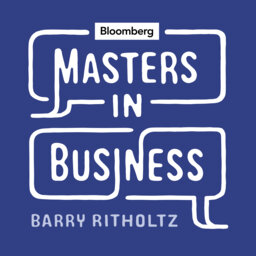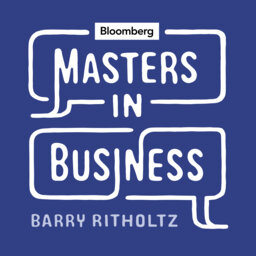From AQR Quant to Founder & CIO with Brian Hurst
Barry speaks with Brian Hurst, Founder and Chief Investment Officer of ClearAlpha. Prior to founding ClearAlpha, Brian spent 21 years at AQR Capital Management as a portfolio manager, researcher, head of trading and the first non-Founding Partner at the firm. Brian also led numerous operating and investment committees including AQR's Strategic Planning Committee and the Risk Committee. He was instrumental in the design and implementation of AQR's trading platform and his time as senior portfolio manager placed him in charge of over $15 billion in hedge fund assets. Brian also Serves as a Member of the Yale New Haven Children's Hospital Council.
In 1 playlist(s)
Masters in Business
Barry Ritholtz speaks with the people that shape markets, investing and business.Social links
Follow podcast
Recent clips

BONUS: Bill Gurley on Investing Early in Tech Disruptors & 'Runnin' Down a Dream'
1:08:50

Introducing: Bloomberg This Weekend
01:08

Financial Products for Hedging with Vest Co-Founder Jeff Chang
1:09:33
 Masters in Business
Masters in Business